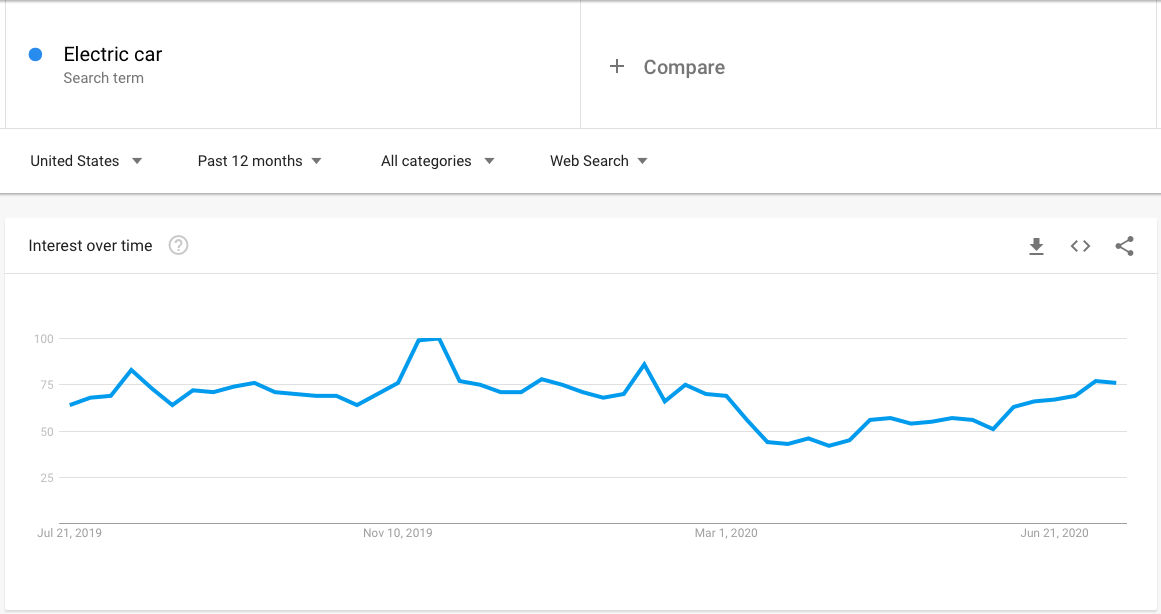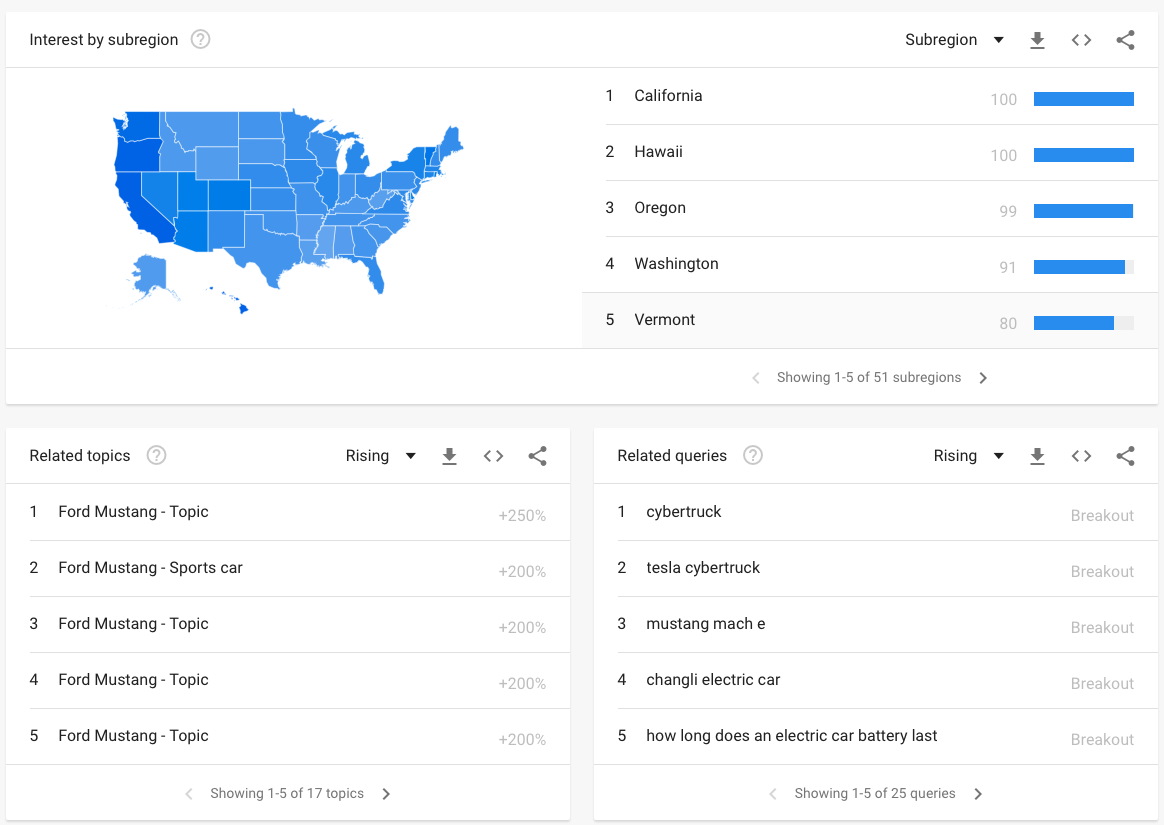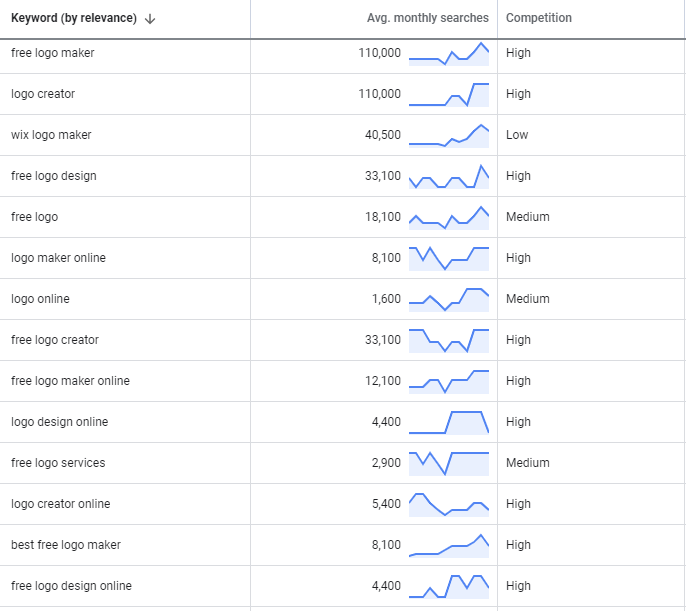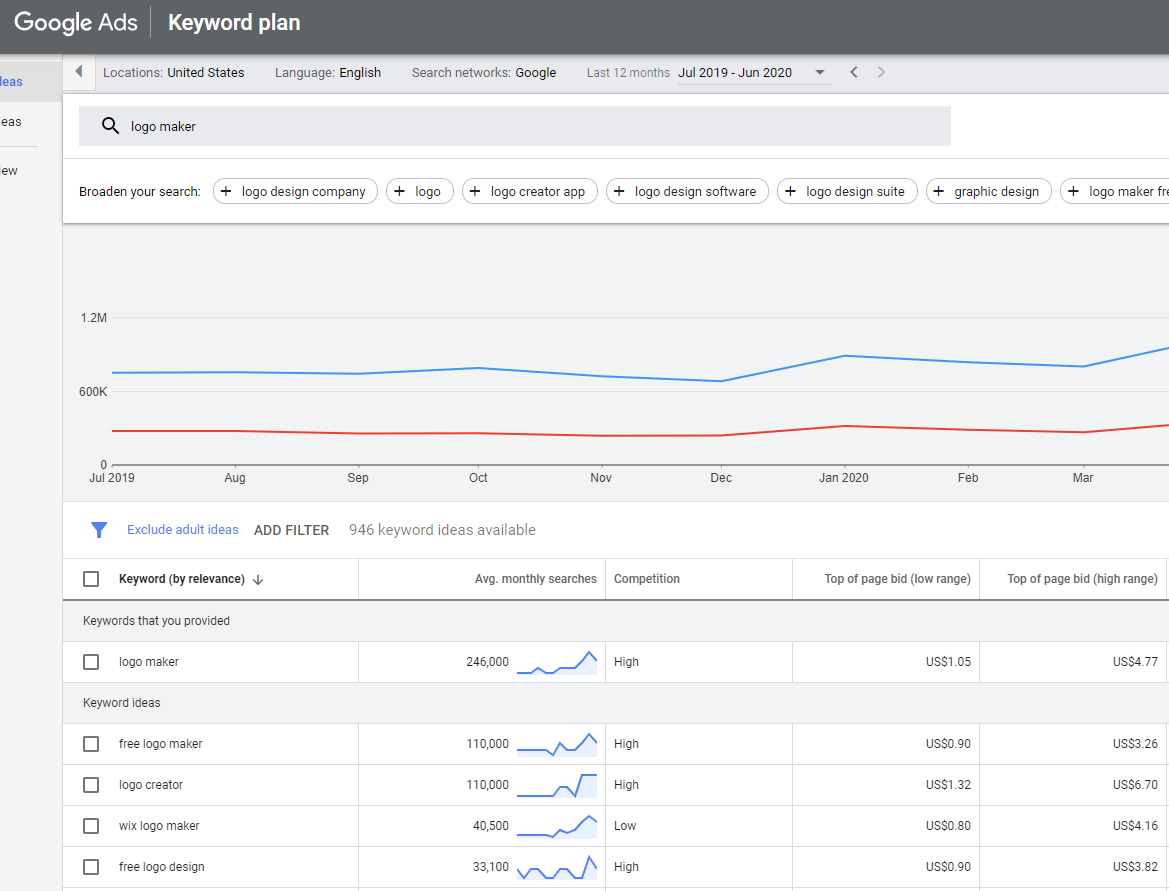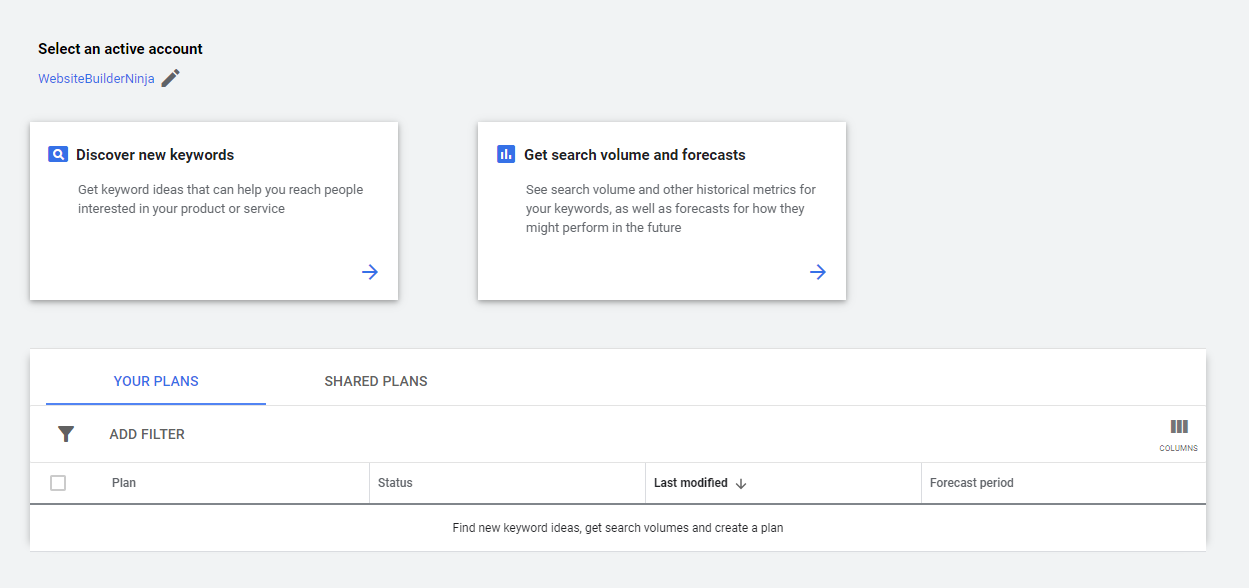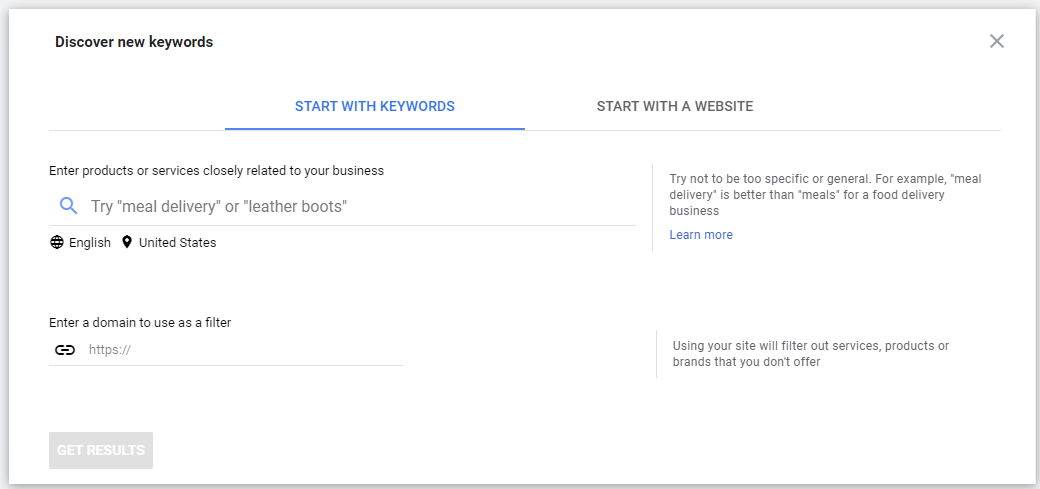How to Crush Your SEO Keyword Research Better Than Ever

Google likes to keep Search Engine Marketers (SEMs) on their toes with frequent algorithm updates that change the rules of the game and what’s required to reach the number one spot on the search engine ranking pages (SERP). One thing that has stayed relatively consistent over the last decade is the need to do keyword research. There are various theories, myths, and tactics circulating about the best way to do keyword research. So, we wanted to chip in with our own experience and knowledge. The aim of the article is to help you understand the best practices and what you need to do to carry out keyword research that’s going to benefit your rankings, your PPC campaigns, your overall SEO efforts, and your users.
What is Keyword Research & Why is it Important?

Effective keyword research enables you to find out the search terms, phrases, and questions that your users and customers care about. It’s also the process of finding all of the search engine queries that might be relevant to your business. It allows you to take a look at core data metrics like search volume and competitiveness so that you can use it to help tailor your content, optimize your web pages, and create high converting PPC search adverts. This process of optimizing your website and PPC ads to achieve higher volumes of search traffic, all starts with keyword research. So, it remains at the core of any SEO campaign.
How to Do Keyword Research

There are lots of different approaches to conducting keyword research and it often depends on a variety of factors like your website, your overall goals, your budget, and how competitive your industry is. So, we’ve outlined a basic framework for you to use that’s relevant for any type of business. It will make sure you conduct effective keyword research that allows you to spot opportunities to rank higher and create content that’s relevant to your users.
1. Understand Your Business – Generating Topic Ideas

Understanding what your business offers and the generic topics it’s relevant for, is an ideal place to start. Instead of plucking keyword ideas out of thin air, you can start with a topic that you know makes sense for your business and work from there. Try and come up with around 10 general topics that you can then use to find specific keywords later on. This could be topics that you regularly post about on your blog, the name of your industry, the type of product you sell, or a specific problem your business helps to solve. It’s also a good idea at this stage to put yourself in your target audience’s shoes. What types of things do you think they search for? And which of those do you want your business to be associated with?
Once you have your 10 topic buckets, it’s good to understand the monthly search volume for each of those topics so you can judge which is the most important to your user, where to concentrate most of your efforts, and what topic to create the most content around.
For example, if you were developing a keyword strategy for Tesla, you might have general topic buckets like this:
- Electric car – 135K
- Lithium-ion battery – 60.5K
- Driverless cars – 6.6K
- Clean energy – 3.1K
- Elon Musk – 1 million
- Tesla – 2.7 million
As you can see from the monthly search volume data next to these keyword topics, ‘Electric car’, ‘Elon Musk’, and ‘Tesla’ are way more important to users than the other topics on the list.
2. Generate Keyword Ideas

Now that you have an idea of what general topics you should focus on, it’s time to start brainstorming keywords that you think your target audience actually search for that are related to your topic buckets. Below we have listed a few methods of generating relevant keyword ideas to make it easier for you. We recommend always starting with Google to generate ideas, simply because nearly 92% of all searches are made with Google, so you’ll get the most relevant ideas.
The Best Methods For Generating Keyword Ideas
- Google auto-complete
- Google ‘searches related to’
- Google Trends
- Quora & Reddit
- Yahoo & Bing search suggestions
- YouTube keyword suggestion
- Find keywords you are already ranking for
Let’s take a closer look at how this can help you find keywords. Let’s see what comes up if we use the ‘electric car’ topic that we highlighted earlier:
Google ‘searches related to’
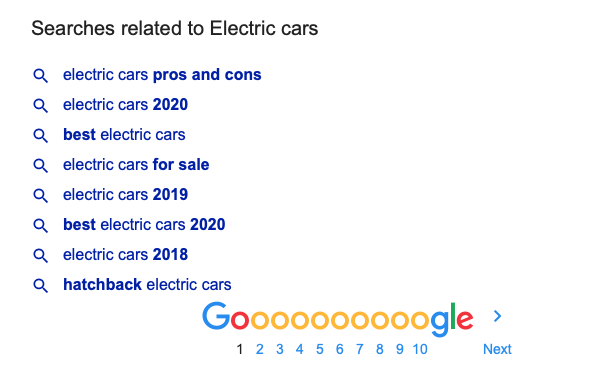
You can find this section at the bottom of any search engine ranking page and it will have eight search terms that are related to your query and therefore shows what other people are searching for around this topic. You can already see that there are a few potential pieces of content based on keywords like ‘electric cars pros and cons’ and ‘best electric cars 2020’.
If you click on one of the related searches, it will take you through to that SERP. At the bottom of that page will be another eight related search queries for even more inspiration.
Google Trends
Typing in your general topic into Google Trends is a great way to generate more keyword ideas. It will show you the interest overtime to give you a sense if this keyword will continue to be important to your users or if the interest has already peaked. It will also generate related topics and related search terms. One of the related search terms that came up while doing this exercise was ‘how long does an electric car battery last?’. This is a really specific search query that’s relevant to our example company and general focus topic.
Use a Keyword Ranking Tool
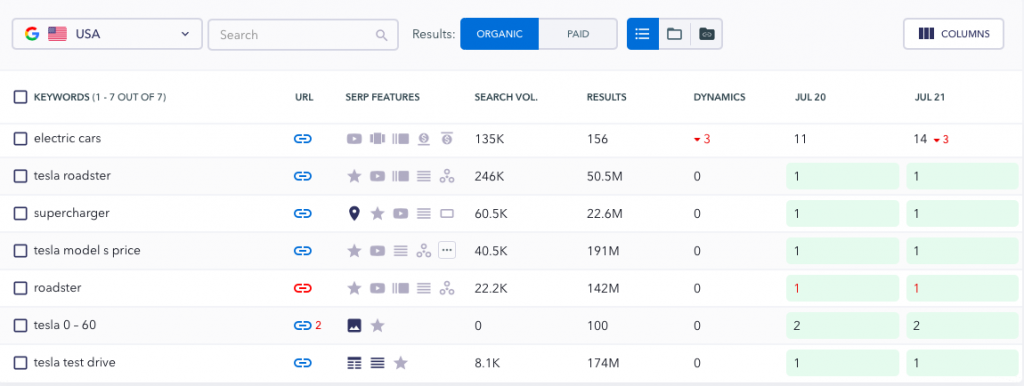
Keyword ranking tools are another way to generate keyword ideas and to find out where you should focus your efforts. Some online ranking tools will have a feature where you can discover the rankings of keywords you might not even know you are ranking for. They will tell you the search volume of these terms as well. If you spot a keyword with good search volume that you are already ranking for, this is a good opportunity to optimize your existing content and add new content focused on that keyword to improve your rankings.
Most keyword rank trackers also allow you to check out what your competitors are ranking for which can help to generate more keyword opportunities. If you spot that a close competitor of yours is ranking well for a certain term, you know that it’s valuable to your customers and it therefore could be a good idea to add it to your list of keywords.
If you want to find out more about the best keyword ranking tools on the market and learn more about how they work, head over to our comparison list and read our in-depth reviews which detail the pros and cons of each brand.
Here’s a list of our top-rated rank tracker tools:
- SE Ranking
- SERPwatcher
- SEMrush position tracking tool
3. Find the Best Keyword Research Tool & Get the Keyword Data

The go-to tool should always be Google Ads Keyword Planner Tool. However, you won’t get very accurate data unless you have an active account that spends a decent amount of money. If you don’t have the proper access you’ll get estimated figures for monthly search volume like ‘100-1000’ rather than the exact figure. If you don’t have access you can try to make friends with somebody that does, or find a search engine marketing professional on a platform like Fiverr who can conduct the keyword research for you.
Here’s a look at the type of data that you would get back from using Google’s keyword tool:
Alternatively, there are other paid keyword research tools on the market that can do a similar job. However, bear in mind that these will never be as accurate as getting your data first-hand from the source.
The Best Paid Keyword Research Tools (For When You Can’t Use Google Ads)
- SE Ranking Keyword Research Tool
- SEMrush Keyword Overview Tool
- Ahrefs Keyword Explorer
- Moz Keyword Explorer
What Keyword Data Should You Be Looking For?
The data you see will vary slightly depending on which keyword research tool you use. However, the core metrics that you should look to find out for each of your keyword ideas are:
- The Keyword
- Current Rank
- Monthly Search Volume
- Cost-per-click
- Competitiveness
- Associated URL
Exporting the Data & Building a Spreadsheet
Once you have used the Google AdWords Keyword Planner or another paid tool to generate the data associated with your keywords, putting it all into a spreadsheet for you to refer back to later when planning content is the next step. You can usually export keyword data to a CSV file and then import it into a master keyword spreadsheet.
Feel free to create your own but if you’re not sure where to start, take a look at this keyword spreadsheet template.
4. Finalizing Your Keyword List

Going through the steps listed above can generate thousands of keyword ideas which is not practical for a working list. Having a master spreadsheet with all of the keyword ideas and data is not a bad thing, but creating a more concise list for planning content and PPC ad campaigns will make life easier. Here are some things to think about to help you create your focus keyword list.
Keyword Grouping
Splitting the keywords up into your original 10 topic buckets is a good place to start so that you know exactly where to go when looking for keywords to include in a piece of content about ‘x’.
Get a Mix of Head Terms & Long-tail Keywords
Head terms are shorter keywords (usually one or two words) that are normally quite general and tend to have the highest search volume. These are great to rank well for because of the high volumes of traffic but it’s hard to understand the intent behind such general terms. Head terms will also be much more competitive and harder to rank for. An example of a head term would be ‘Electric car’ (135k) because it’s only two words, there is a high monthly search volume and as you can see it’s difficult to understand the intent behind the search query.
Long-tail keywords are keywords that contain three or more words and are much more specific. They usually have lower search volumes than head terms, but it is much easier to understand the intent behind a long-tail keyword, and more often than not they will be less competitive and easier to rank higher for. An example of a long-tail keyword within the same topic as our example head term is ‘Electric car for sale’ (9.9k). This example has relatively low search volume when compared with the head term and has a very clear user intent.
Having a mixture of head terms and long-tail keywords in your final keyword list will provide you with opportunities for short term wins (long-tail keywords) and long term growth (head terms).
Remove Terms With Low Search Volume
You want to create a keyword list that will generate more organic search traffic for you in the short term and the long term. It almost goes without saying that it’s not worth putting any time into search terms with very little to no monthly search volumes, but make sure to leave these out of your focus list.
Consider the Competition
If you run a new website with a low domain authority or you’re a small company with a limited budget, it’s best to focus your efforts on less competitive keywords to start generating the most organic traffic for your website. The cost-per-click and competitive metrics you get from some keyword research tools are a good indicator of how hard it will be to rank for particular keywords. Use them to help you to focus your efforts on the terms that can move the needle.
The Bottom Line
The most important thing when carrying out keyword research is to start the whole process by thinking of the most relevant topics for your business. This will help you to think of keywords that match the intent of your users or customers. Matching the intent of your users will generate search traffic with the most potential for click-throughs and conversions. Once you have your keyword ideas, using a tool like the Google Ads Keyword Planner Tool will help you to understand the data behind the keywords so you know where to focus your efforts. Use this article as a guide when you next carry out some keyword research to help you achieve an effective keyword strategy.
Written By

What is a website builder?
The simplest answer to the question of what is a website builder is that it’s a software programme that helps you to build a website without having to manually code anything. But, how do they work?

Cheapest Website Builder 2021
Building a website doesn’t have to cost the earth. We’ve pulled together a list of the cheapest website builders and ecommerce platforms to help you find an affordable option for your website. Not only are they the cheapest, but some of them are the best of the best…

